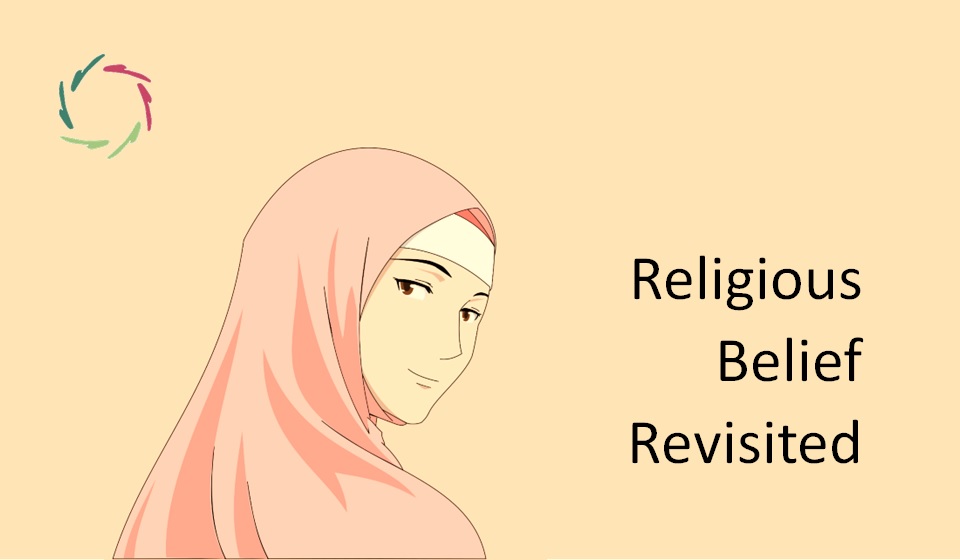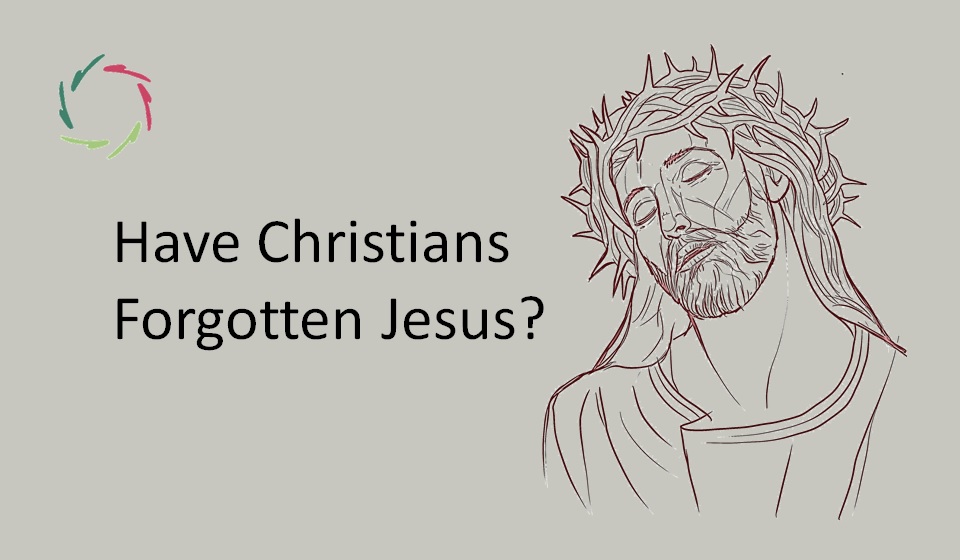Science x Religion = Disaster?

Combining the pragmatic possibilities of present-day science with the imagined truths of traditional religion is a combustible mixture ― a recipe for disaster.
Humanity has gained super-human technological power. Yet, currently, we see science often focusing on externalities and religion being trapped in ancient dogmas that are mutually contradictory. We urgently need to get beyond this toward something like “Science x Religion = Heaven on Earth.“
Technology without moral growth
While science provides the tools for unprecedented advancements, including the looming presence of super-intelligent A.I., we frequently remain ill-prepared to use these tools wisely. Technology, in the hands of those still gripped by divisive, outdated religious belief systems, can lead to unimaginable destruction. For instance, the potential for a ‘religious killer app’ to emerge – an A.I. system shaped by religious dogma – is frighteningly real.
We need to evolve, even if that doesn’t make us more comfortable.
But how?
The answer lies in the evolution of both science and spirituality.
Traditional religions have long been rightfully seen as the gatekeepers of moral truth, yet they remain largely incompatible with science. This resistance to scientific progress, which we’ve seen countless times throughout history, often leads to a dangerous divide. But what if religion could evolve in concert?
Open Religion – an AURELIS concept – presents a way forward, embracing science as a partner in the pursuit of truth rather than seeing it as an adversary. It focuses on inner depth, self-Compassion, and growth that come from a subconceptual level ― opening the door to exploring more meaningful spiritual growth. Unlike traditional religions that are often built on fear of the unknown or divine retribution, Open Religion encourages individuals to embrace the uncertainties that life presents while growing stronger from within.
Science and subconceptual processing: a deeper union
In the past, science has often been seen as superficial when compared to spirituality. However, subconceptual processing provides the missing link. This is where science delves into the complexity of the human mind, acknowledging that much of our experience happens below the surface, in non-conscious depths.
Thus, science and spirituality no longer need to be at odds. When science begins to recognize the depth of human experience, it opens the door to a new kind of spirituality, one that is rational, open, and deeply connected to the human condition. Open Religion thrives on this union, guiding us to a profound integration of rationality and depth.
Technology in the hands of depth
Imagine a future where technology is guided by a deep understanding of human nature, Compassion, and rationality. In this future, A.I. and other technological advancements will be tools of progress created and managed with full awareness of both scientific knowledge and human depth.
We stand at a crossroads: either we continue to let outdated religious systems shape our technological future, risking untold consequences, or we embrace both science and spirituality in an integrated way.
A warning and a hopeful path forward
While power is given to those trapped in rigid religious ideologies and science continues its rapid march forward, the potential for misuse of technology – from nuclear weapons to A.I. – grows daily. But there is also hope.
Open Religion and AURELIS offer not the abolition of religion but its evolution toward a future where spiritual growth is about embracing the full complexity of human nature. We must urgently pursue this, both individually and collectively.
We have the tools. We have the technology.
Do we have the wisdom?
By focusing on Compassion and subconceptual depth, technology – including advanced A.I. – can be wielded responsibly and guided by a deep, rational connection to our full humanity. This deeper understanding bridges the gap between science and religion, allowing them to complement each other instead of remaining in opposition.
Let’s not allow the potential of our age to be consumed by disaster. Instead, let’s choose to grow, evolve, and integrate the best of both worlds, ensuring that our super-human capabilities are wielded for good, not destruction.
The choice is ours.


